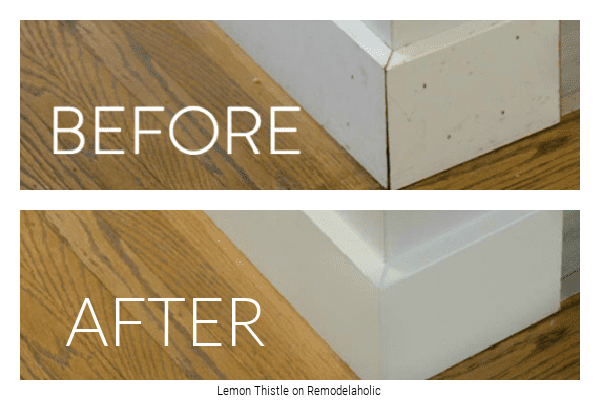DIY Danger: 10 Electrical Mistakes That Spell Disaster!
Embarking on a do-it-yourself (DIY) electrical project can be a rewarding endeavor, but it comes with its fair share of risks. Electrical work demands precision, caution, and a comprehensive understanding of safety protocols.
In this blog, we’ll unravel the potential hazards lurking behind DIY electrical projects by shedding light on 10 common electrical mistakes that can spell disaster. Whether you’re a seasoned DIY enthusiast or a novice looking to tackle home electrical tasks, buckle up as we navigate through the perilous terrain of DIY danger. Safety First!
10. Overloading Circuits

Overloading circuits by connecting too many devices to a single outlet or circuit can lead to overheating, fire hazards, and damage to your devices. Always distribute your electrical load evenly.
9. Ignoring Local Codes

Electrical codes and regulations exist for safety reasons. Ignoring local codes can lead to unsafe installations and potential fines. Research and follow the regulations in your area.
8. Skipping Permits

When major electrical work is involved, skipping the required permits can lead to costly legal and safety issues. Always obtain the necessary permits before tackling significant projects.
7. Inadequate Grounding

Proper grounding is essential to protect against electrical shock and fires. Neglecting grounding can have life-threatening consequences.
6. Using Incorrect Wire Size

Using wires that are too small for the load can cause overheating and electrical fires. Always match the wire size to the intended load.
5. Unsafe Extension Cord Usage

Using extension cords as a permanent solution or daisy-chaining multiple cords together can overload circuits and pose fire risks. They should only be used temporarily.
4. DIY Electrical Panel Work

Never attempt to open or repair your electrical panel without the proper training. It’s dangerous and best left to professionals.
3. Incorrect Outlet Installation

Installing outlets requires precise knowledge and adherence to code. Incorrect installations can lead to dangerous shocks and fires.
2. Neglecting GFCI Protection

Ground Fault Circuit Interrupter (GFCI) outlets are vital for safety in areas with water, such as kitchens and bathrooms. Neglecting these installations can be hazardous.
1. Not Turning Off Power

Working on live circuits is extremely dangerous. Always turn off the power at the breaker before beginning any electrical project, and use voltage testers to verify that the circuit is de-energized.
While DIY projects can be enjoyable and cost-effective, electrical work is not an area where shortcuts or experimentation should be allowed.
If you’re unsure about an electrical project or if it involves complex wiring, it’s always best to consult a qualified electrician to avoid potential disasters.
Homeowner Nightmares: Top 10 Homeowner Problems Exposed!

Being a homeowner usually means owning your dream home. But what if your dream home has a few problems that need fixing? Here are the top ten homeowner problems that have us pulling our hair out.
Living Room Mistakes: Remove These 10 Items Now!

We’re going to highlight ten common living room mistakes that could be holding back the full potential of your space.
Home Buying Wisdom: Identifying Houses with Good Bones

While cosmetic features like paint, flooring, and fixtures can easily be changed, the fundamental structure of a house is what truly matters in the long run. In this blog, we’ll explore the art of identifying houses with good bones, providing you with valuable insights to make an informed home purchase.
Crucial Clues: Defining “Good Bones” in a Home

When embarking on the journey of buying a new home, you’ve likely come across the term “good bones.” It’s a phrase often used in the world of real estate, and it carries significant weight when evaluating a property. But what exactly do we mean by “good bones,” and how do you define it when looking for your dream home?
Cassity Kmetzsch started Remodelaholic after graduating from Utah State University with a degree in Interior Design. Remodelaholic is the place to share her love for knocking out walls, and building everything back up again to not only add function but beauty to her home. Together with her husband Justin, they have remodeled 6 homes and are working on a seventh. She is a mother of four amazing girls. Making a house a home is her favorite hobby.






